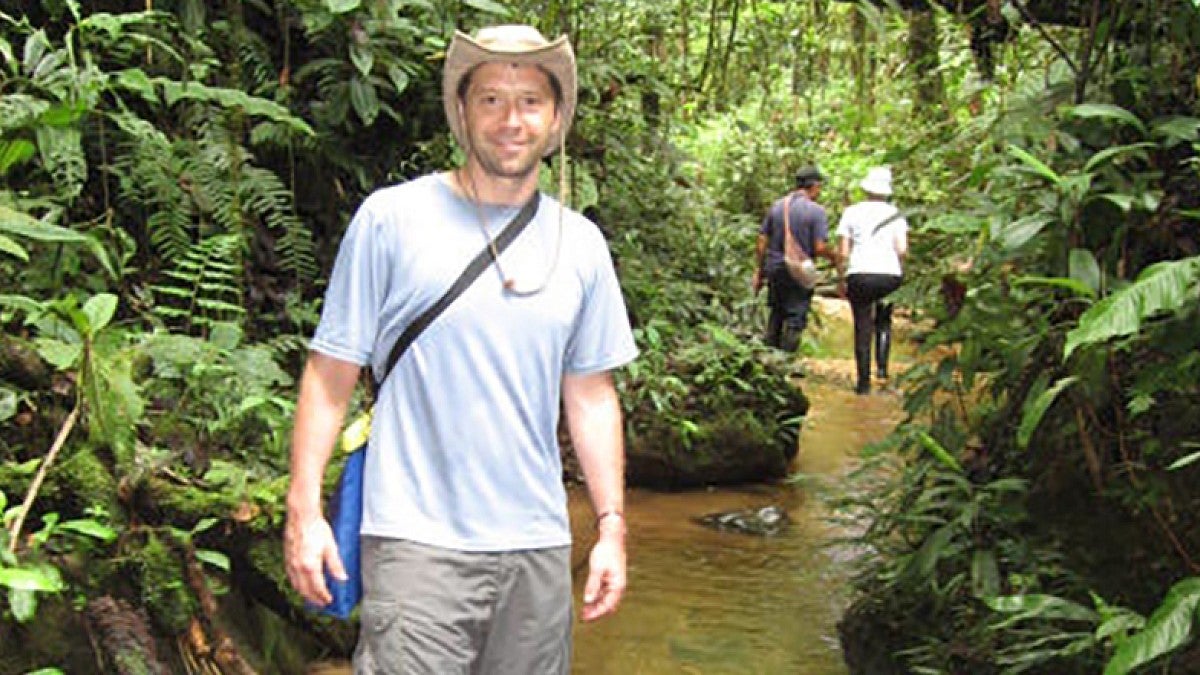A University of Oregon professor has been invited to help craft a new global approach to sustainable development and climate change policy.
Craig Kauffman, assistant professor of political science, is one of 45 researchers from around the world selected to serve on the Earth-Centered Law working group of the United Nations Knowledge Network on Harmony with Nature.
The working group came out of a 2015 U.N. General Assembly resolution calling for the creation of Earth jurisprudence as a way to strengthen sustainable development and climate change policy. It is part of an online panel of practitioners, academics and researchers tasked with developing recommendations on implementing the post-2015 sustainable development agenda.
“Being a member of the U.N. Knowledge Network creates an opportunity for my research to impact policy on an issue I care very much about, both at the international level and domestically in countries around the world,” Kauffman said. “For this reason, it is very meaningful to me and very gratifying.”
Kauffman is one of very few academics researching the how rights-of-nature laws are being implemented in various countries and the implications of putting those laws into practice. His work with fellow researchers is already being felt back at the UO.
“My participation in the network and working group has also been invaluable for my research; it allows me to gain an inside perspective and to study the development of Earth jurisprudence in real time,” Kauffman said. “It has greatly expanded my professional networks, helped me map and analyze the policy networks involved, and allowed me to stay up to date on the latest developments.”
Earth jurisprudence is a philosophy of law that prioritizes the fundamental rights of all living things to exist and live in a healthy and sustainable environment. In practice, it often involves legally recognizing the rights of nature and granting independent legal standing to natural ecosystems like forests, rivers and watersheds.
Kauffman traces his interest in Earth law to his work on watershed and forest management in Ecuador, the first country to grant rights to nature in its constitution. His book “Grassroots Global Governance: Local Watershed Management Experiments and the Evolution of Sustainable Development” analyzes the country’s approach to sustainable development and groundbreaking rights-of-nature laws.
He returned to Ecuador to document more instances of Earth jurisprudence for his second book. U.N. climate experts were eager to learn what Kauffman found out in South America,
Each member of the Knowledge Network is involved in projects to promote Earth law in various ways. The network provides valuable connections between the organizations and the projects, which Kauffman said can create a multiplier effect. Dialogues are held from April to July each year, and each December a conference is held at the United Nations in Geneva.
—By Molly Blancett, University Communications
Craig Kauffman is an Oregon expert in environmental politics, climate change policy, sustainable development and environmental law. Learn more about Kauffman and find more UO experts on the Media Relations website.


